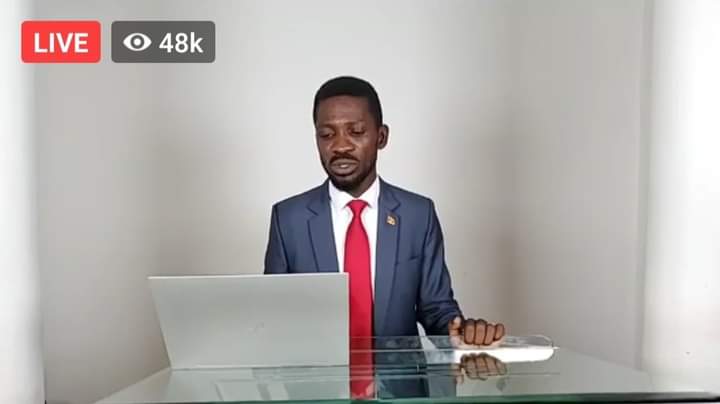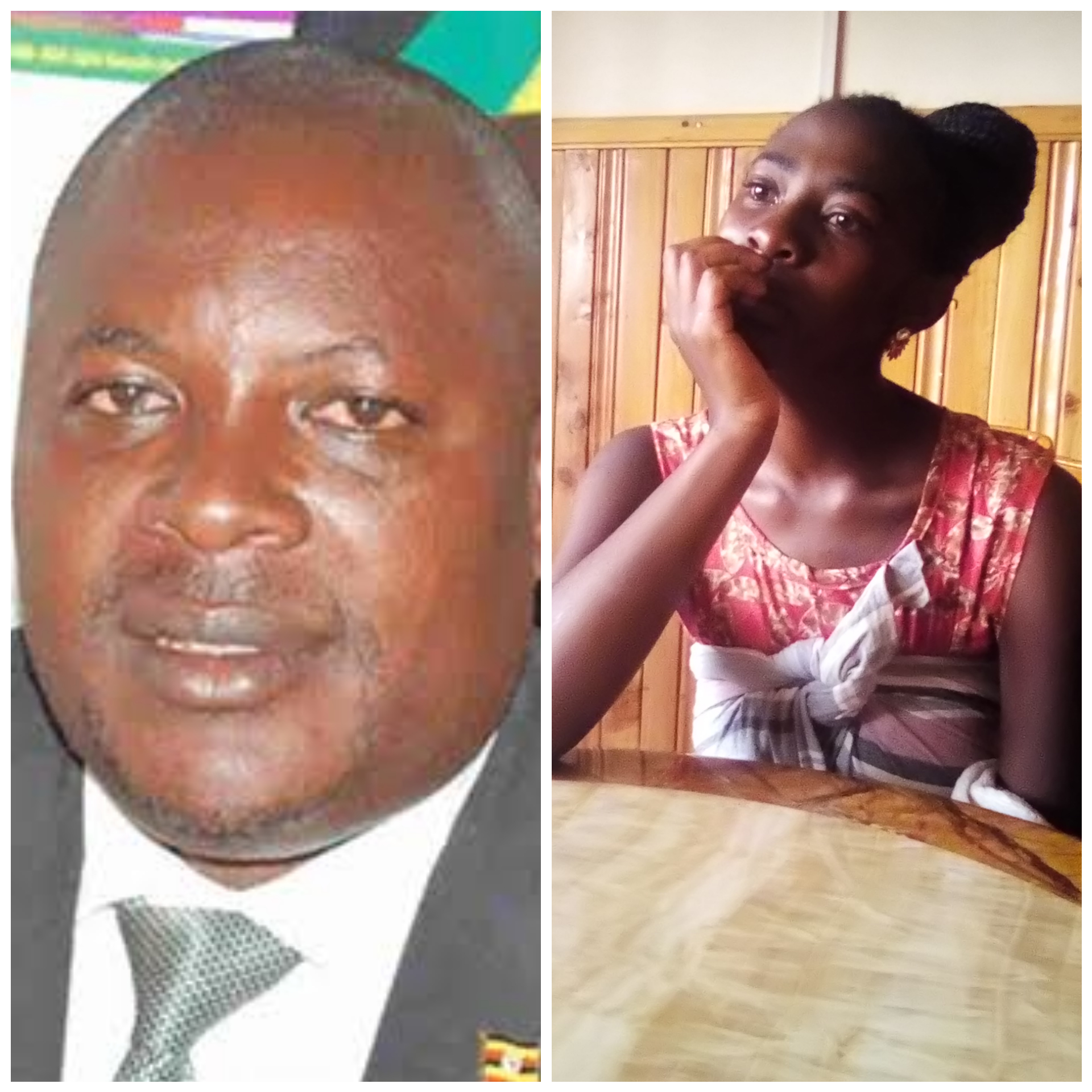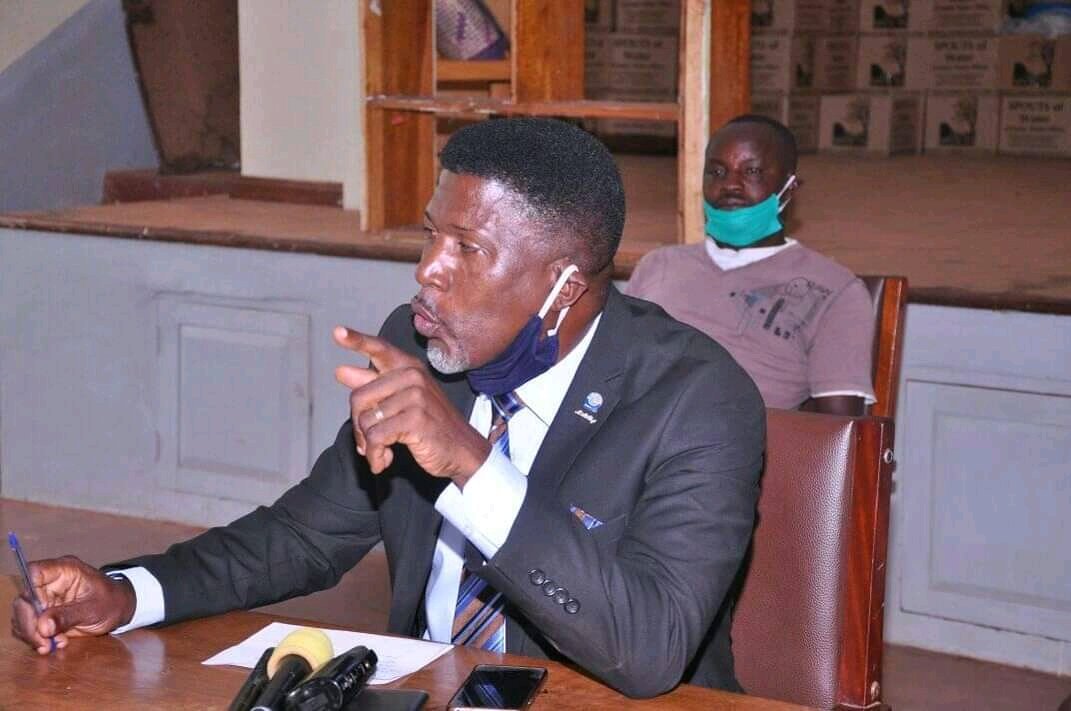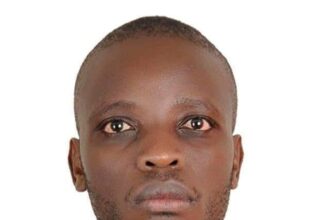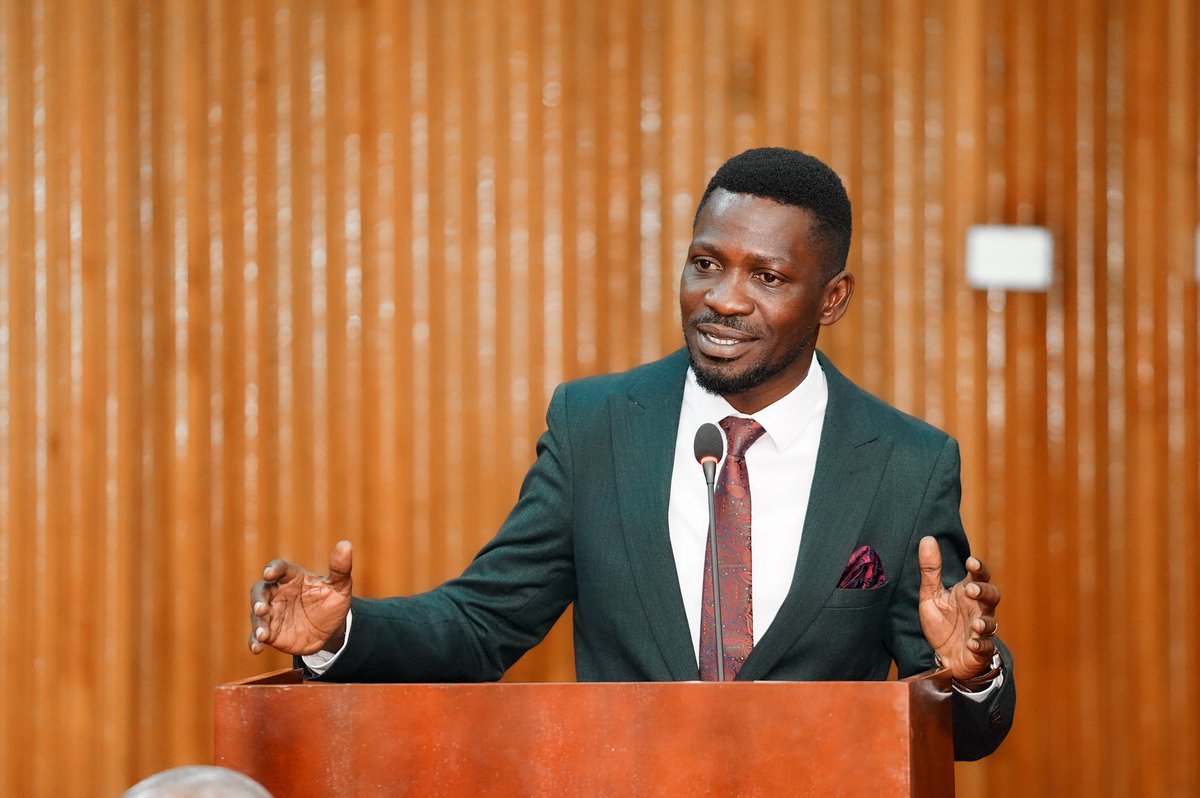A political party should ideally have ideology but must also be live to the interests of its base. In Uganda where individual merit was promoted before reinstatement of multiparty politics, the support base is also very sensitive to who the Party President / Presidential Candidate is. For example Obote had a support base in western Uganda but Hon. Akena does not. Dr. Paul Kawanga Ssemogerere had a huge support base in Buganda but Hon. Mao does not. It is also clear that President Museveni’s core support base is in western Uganda and support in other regions keeps on fluctuating. In America, we have core red and blue districts and since establishment of the democratic and republican parties have always voted one party for the house representatives, senate and the presidency. In Uganda its ok for some parties to become regional parties and get support from the supporters of their regional base. For example UPC is now a regional party and does not even field any candidate in western and central region and at times does not have candidates in Eastern Uganda. The democratic party is losing its base in Buganda to the National Unity Platform (NUP), which at the moment has its base in Buganda and may grow into other regions of Uganda. The growth of the Party should be seen in terms of elected leaders at parliamentary and local council elections. That’s why Hon. Amuriat, the Forum for Democratic Change (FDC) President lost in many regions of Uganda because FDC had not grown in these regions under Col. Kizza Besigye; they were voting for Besigye as an individual.
In this article I will focus on why the National Resistance Movement (NRM) lost parliamentary seats in Buganda region where it had establishment itself. We need to begin by looking at the historical perspective.
In May 1961, a small group of men formed the Kabaka Yekka (‘The King Alone’) movement in the Kingdom of Buganda. Their simple objective was to unite the Baganda behind the throne, the symbol and guarantee of Buganda’s separate identity. The great fear was that the election of a national Democratic Party (DP) government in March 1961 had marked a decisive stage in the destruction of Buganda’s special position within Uganda.
In 1962 Kabaka Yekka (KY) allied with Uganda People’s Congress (UPC). In the Lukiiko elections of 22 February 1962, it won 65 of the 68 seats, with a vote share of more than 90%. The Lukiiko duly elected 21 KY members to the National Assembly. The UPC won a majority in the April 1962 general elections for the National Assembly, so Obote was tasked with forming a government. He became Prime Minister of a UPC-KY coalition government, with the KY holding mostly insignificant portfolios. However, Obote and the UPC later reached a deal with Kabaka Mutesa II to support his election to the Presidency of Uganda. In a session of Parliament on 4 October 1963, Mutesa was elected President via secret ballot with the support of over two thirds of the members. Thus, Kabaka Mutesa became the first President of the Republic of Uganda. Obote himself had plans of becoming President of Uganda, and he decided to undermine the alliance with the KY by establishing UPC offices in Baganda in contravention of the inter-party agreement, and by encouraging KY members of the assembly to defect to his party through offers of patronage. A deep political crisis arose in Uganda in the early part of 1966. The events surrounding this crisis culminated in the Uganda Army attacking the palace of the King of Buganda, the late Kabaka Fredrick Walugembe Muteesa II on 24th May 1966 and fortunately the Kabaka was able to elude capture and with help of several loyal supporters was able to escape into exile in London where he died in 1969.
Even before President Museveni won the war in 1986 to become President of Uganda, the issue of special status of Buganda in Uganda was on the table and is still unresolved. That is to say that the federal question is still unanswered in Uganda. Most people in Buganda blame President Museveni for refusing to grant Buganda Federo status and Federo has remained one of the top five strategic issues for continuous negotiation with the government of Uganda.
In 2011, we witnessed the formation of SUUBI 2011, a Baganda political pressure group that had planned to become a Political Party and had even joined Inter Party Co-operation (IPC). The alliance supported Col. Besigye in the 2011 Presidential Elections who had promised Federo to Buganda. Suubi also had parliamentary candidates, most of whom won the elections. By 2016 Suubi was dead.
In 2017, we saw the emergency of People Power Movement by Hon. Kyagulanyi and various opposition parties and their members subscribed to it until July 2020 when it launched a political wing, the National Unity Platform (NUP). NUP at the moment is a party with its core political base in Buganda and its comprised of former SUUBI members, former members of DP, youthful politicians from Buganda and a few others from outside Buganda region. The SUUBI group is wielding a lot of power in NUP to the extent that Hon. Kyagulanyi shunned Hon. Nabilah Naggayi, a Lord Mayor Candidate on NUP ticket in favour of Elias Lukwago of Forum for Democratic Change, but that’s a story for another day. To understand dynamics within NUP you need to know that prominent members of former Suubi hold strategic positions in both the Buganda government and NUP and this is leading to an invisible collaboration of sorts. NUP is openly in support of federalism that is endearing it to Buganda kingdom. The central government is aware and that’s one of the reasons its cracking hard on NUP. Now, NUP is planning to transform into a national party with the aim of winning political positions across the country by 2026 but whether it will succeed or fail, I will discuss this on another day.
On December 25, 2008 the Independent Magazine had a screaming headline ‘’Buganda arrests bring back 1966 memories’’. This was as a result of the arrest on July 18, 2008 of the then minister of information and cabinet affairs in Buganda government Charles Peter Mayiga, his deputy Medard Lubega, and Ms Betty Nambooze, who headed the kingdoms committee set up to campaign against proposed changes to the 1998 Land Act. Hon. Mayiga is now Katikkiro of Buganda.
In 2009, the Kabaka of Buganda was stopped by government from visiting Kayunga, and the riots that ensued led to the death of many youth mainly from Buganda. Ten years later in 2019, the Kabaka of Buganda amidst tight security was able to visit Kayunga. This event was good but it also brought back the old memories of 1966 when the Uganda Army attacked the palace of the King of Buganda, 2008 when the current Katikkiro of Buganda was arrested by government of Uganda and 2009 when the Kabaka of Buganda was stopped from visiting Kayunga, which is part of the kingdom of Buganda.
As a buildup to January 2021 Presidential elections, we saw key events that were of interest to Baganda. The first was on 18th November 2020 when Presidential Candidate Kyagulanyi of NUP, who is perceived to be close to Buganda kingdom was arrested. The arrest led to protests mainly in Buganda region and the government shot dead more than 50 people mainly from Buganda region. Just like in 2009, the Kabaka of Buganda came out and strongly condemned the killings and asked government to investigate and bring those responsible to book. Now many interpreted this to mean that the one who had issued instructions should be held accountable. Then in a press release dated 26th December 2020, the Electoral Commission suspended campaign meetings in the Districts/Cities of Jinja (Jinja City inclusive), Kabale, Kalungu, Masaka (Masaka City inclusive), Tororo, Kampala, Luwero, Wakiso, Greater Mukono (Buikwe, Buvuma, Mukono, Kayunga), Mbarara District (Mbarara City inclusive), Kabarole District (Fort Portal City inclusive), Kasese and Kazo. Many interpreted this to mean that Hon. Kyagulanyi, a Muganda was the target and he had been denied the chance of campaigning in Buganda just like the Kabaka was stopped from visiting Kayunga in 2009. This was followed by mysterious death of Hon. Kyagulanyi’s private bodyguard and a boxing coach and then subsequent arrest of several supporters of Hon. Kyagulanyi on trumped up charges. In weeks leading to January 14, 2021 we saw many respectable people mainly from Buganda come out to condemn these actions by government. Some went to the extent of campaigning for Hon. Kyagulanyi in places of worship. Then as if the above was not enough, we saw ugly social media posts (tweets) attacking Hon. Kyagulanyi and some were attributed to have come from within the first family, which many took as being sectarian and divisive. At this time, it did not need a magician to know that the National Resistance Movement (NRM) Presidential Candidate and the Parliamentary candidates where in for a big defeat in Buganda. For Presidential Candidate Museveni, despite the looming defeat in Buganda, he was still assured of at least 30% of the vote in central region mainly attributed to non Baganda working or leaving in Buganda who registered to vote from Buganda region.
So it is true that NRM lost in Buganda because it was perceived to be not safeguarding the institution of the Kabakaship that includes protection of its subjects; alleged land grabbing where those accused are mainly westerners; and attempts by NRM to kill NUP, which is seen by many as Saviour for Buganda after the collapse of Suubi.
Let us not forget that Luwero triangle is seen by many Ugandans and NRM as the Mecca of Uganda due to its historical role in success of the National Resistance Army (NRA). They supported NRA because of the alleged killings of their sons and daughters by Obote’s army. Luwero was the first to get a ministry for Luwero affairs but nothing much is visible on ground. The people of Luwero triangle feel that they sacrificed for nothing. Is their massive support for NUP in the just concluded national elections linked to alleged killings by the government of the sons and daughters of Buganda in November 2020 or alleged neglect by NRM government? Are we likely to see Buganda region become Mecca for NUP?
What lies ahead is that NUP is going to keep its hold on Buganda in the next four presidential elections. Many know that Hon. Kyagulanyi cannot defeat President Museveni and are preparing for a post Museveni Presidential election and positioning Hon. Kyagulanyi as the candidate from Buganda that could be become the next President after Museveni. It will be interesting to watch how NRM and President Museveni handle the Buganda question in the next 10 years. One thing the NRM government should not do is to starve the Buganda region of financial resources in retaliation. Also, government should maintain cordial relationship with the Kabaka and we need to see more public interactions between the Kabaka and President Museveni.
Prof. Venansius Baryamureeba is a Former Presidential Candidate (2016)
Do you have a story in your community or an opinion to share with us: Email us at Submit an Article



